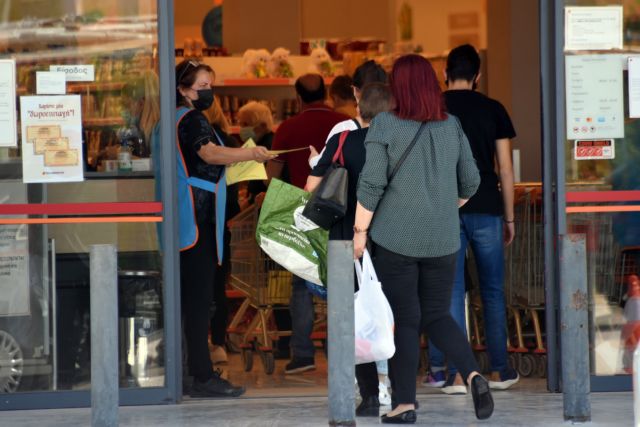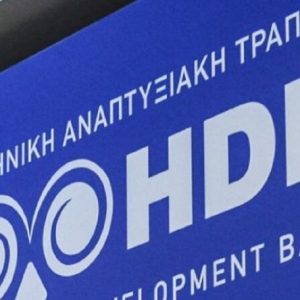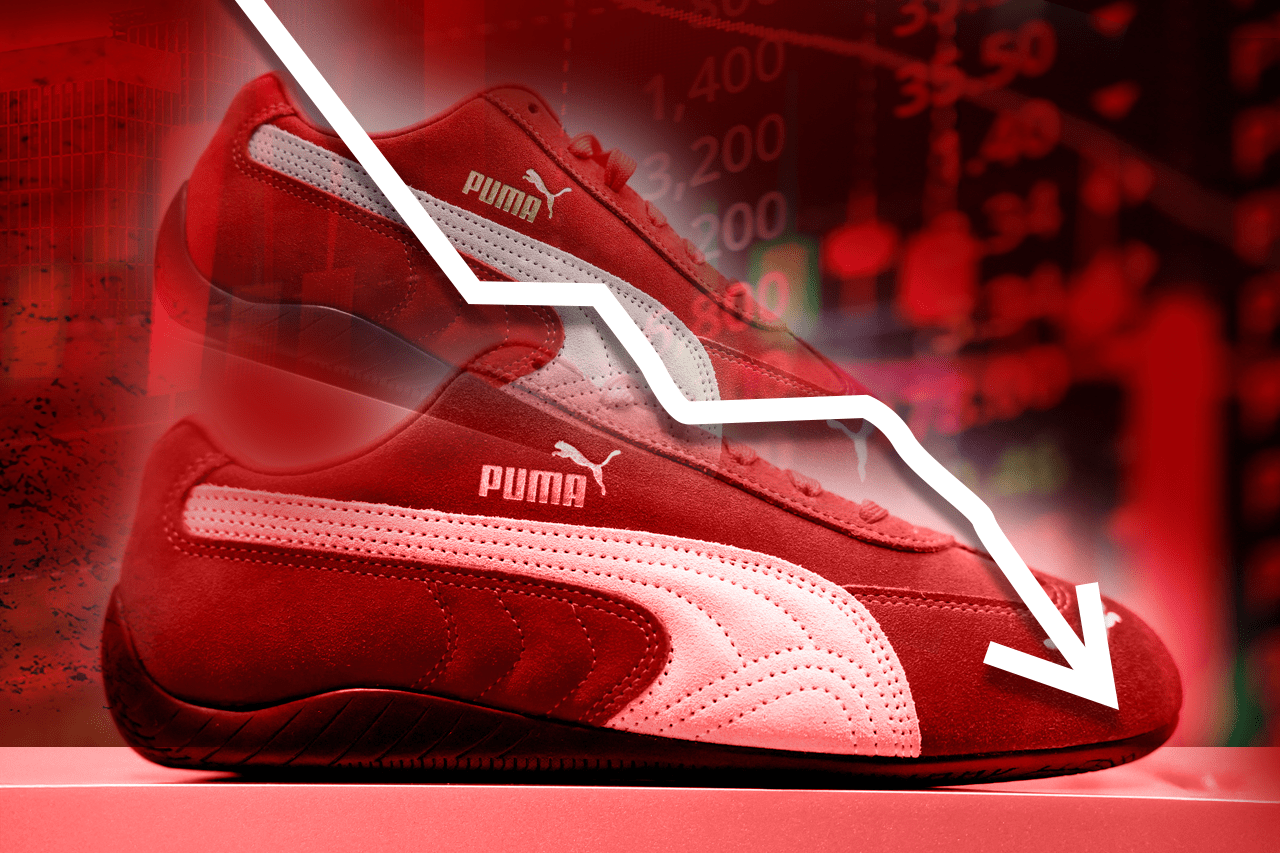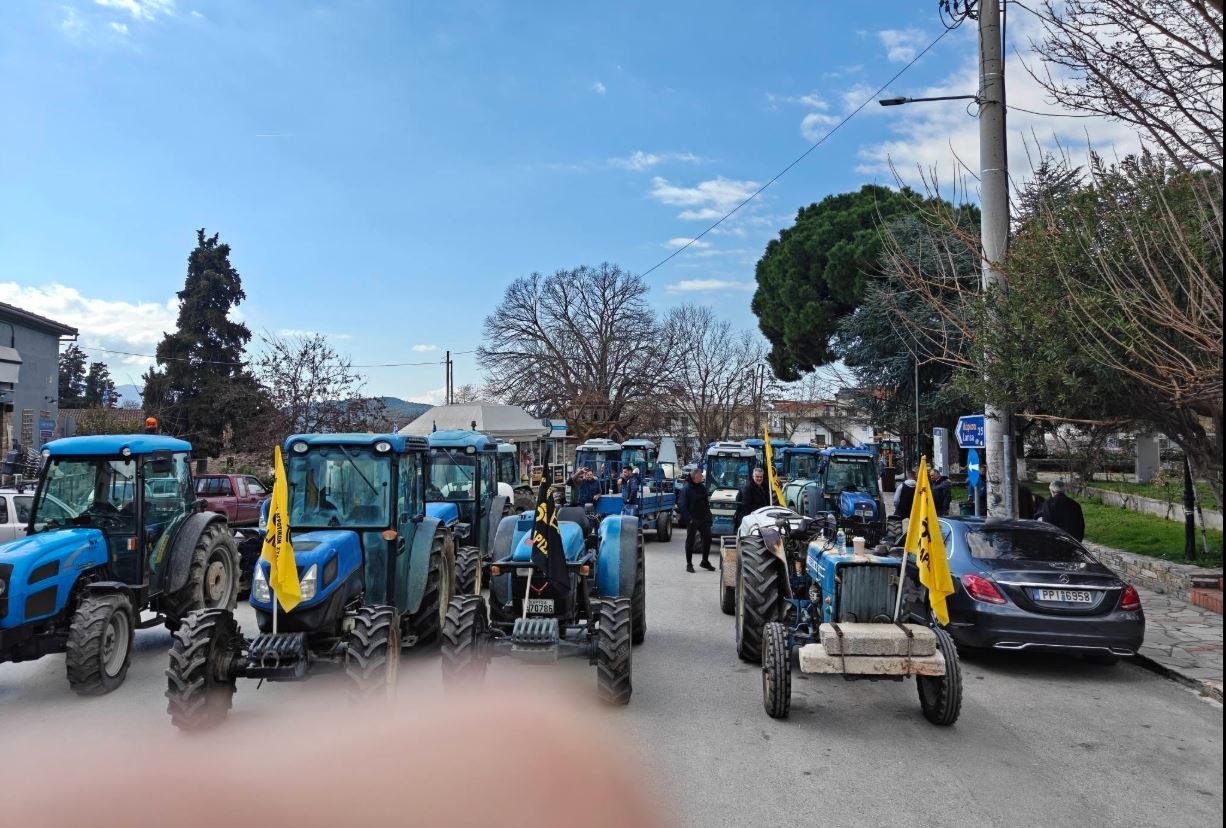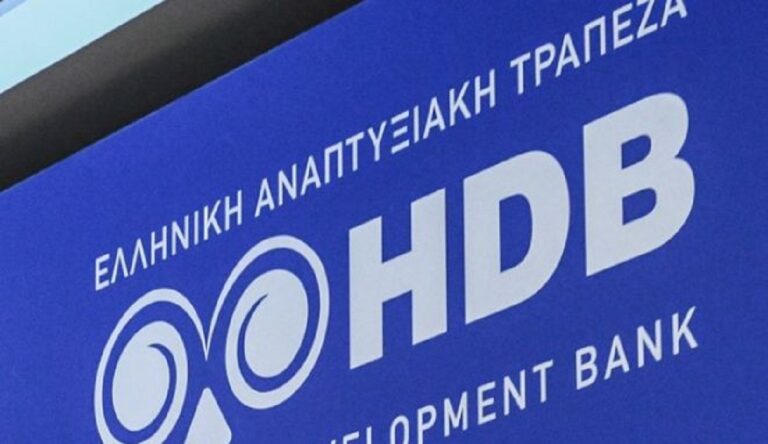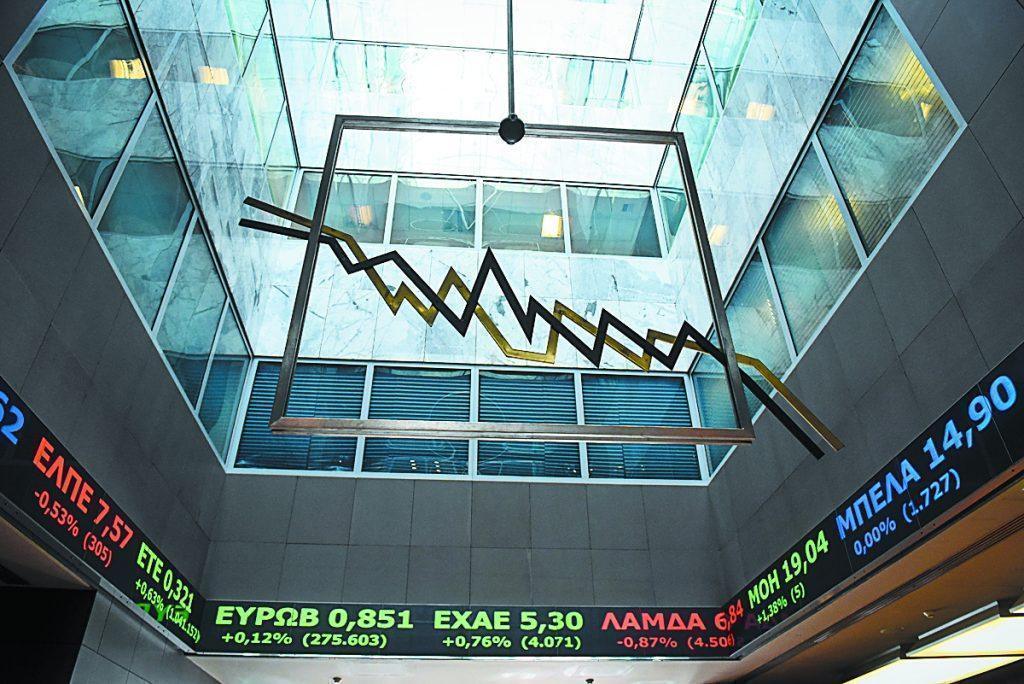A new below the belt blow at the expense of Greek food and the Mediterranean diet has come from the powerful EU countries and large multinationals in the industry.
Olive oil, cheese, and honey, three flagship Greek products, as well as other traditional delicacies are targeted by an algorithm that simulates or even degrades them in terms of their nutrients and their scientifically proven contribution to promotion. health with foods that are less healthy.
This is the Nutri-Score food labeling system, which France applies on a voluntary basis in its market. This country, having concluded an informal alliance with Belgium, Germany, Luxembourg, the Netherlands, and Spain, seeks to establish this model as a single and mandatory model in the European Union.
These countries, as well as hosting food and beverage multinationals (Nestle, Danone, and Auchan), are following in the footsteps of the European Commission, launched in May 2020, to establish a single and mandatory European labeling system on the front of packaging of foods that will push consumers to healthier food choices and eating habits.
Consumers, according to the Commission’s reasoning, will choose foods with a lower content of saturated fat, salt, and sugar. The European Food Safety Authority (EFSA) is due to issue an opinion to the Commission by March 2022, which will be in public consultation with social, governmental and scientific bodies, with final decisions expected by the end of next year.

However, as mentioned above, the seven aforementioned powerful countries are pushing for the adoption of the Nutri-Score as a mandatory labeling system. The aforementioned multinational companies apply it to these markets.
“The problem with this system is that it classifies e.g. olive oil with ketchup and cola light in the same category,” explains to NEA newspaper food chemist and associate professor at the Department of Dietetics – Nutrition of Harokopio University Tzortzis Boskou. “It takes into account the nutritional value per 100 grams and not per portion or percentage of daily needs. It does not take into account that certain foods are used as ingredients in the preparation of other foods. ”
Boscu also emphasizes that “it is important for the consumer to form a healthy eating habit through a label”. He also adds, “with the category of colors we lead to food racism; one person eats red food, another eats green”.
Greece through the Ministry of Rural Development and Food has opposed this model of the seven countries. It has formed alliances with Italy, Cyprus, the Czech Republic, Hungary, Latvia, and Romania. Has succeeded with an amendment in the European Parliament to exclude olive oil and PDO, PGI, and other products from the Nutri-Score score to the final decision of the Commission.
At the same time, the Athens Chamber of Small Manufacturing Industries (ACSMI) is mobilizing , while associations such as the Meat Processing Industries union, the Union of Standardized Olive Oil Producers (SEVITEL) and the Association of Exporters of Crete have already intervened publicly.
Speaking to NEA, the general secretary of ACSMI, Giannis Manos, talked about the effects on companies that produce Mediterranean food: “If these foods are classified in the red category, there will be a risk to the viability of companies and agricultural production, consumers will be misled about the nutritional value of food.”
